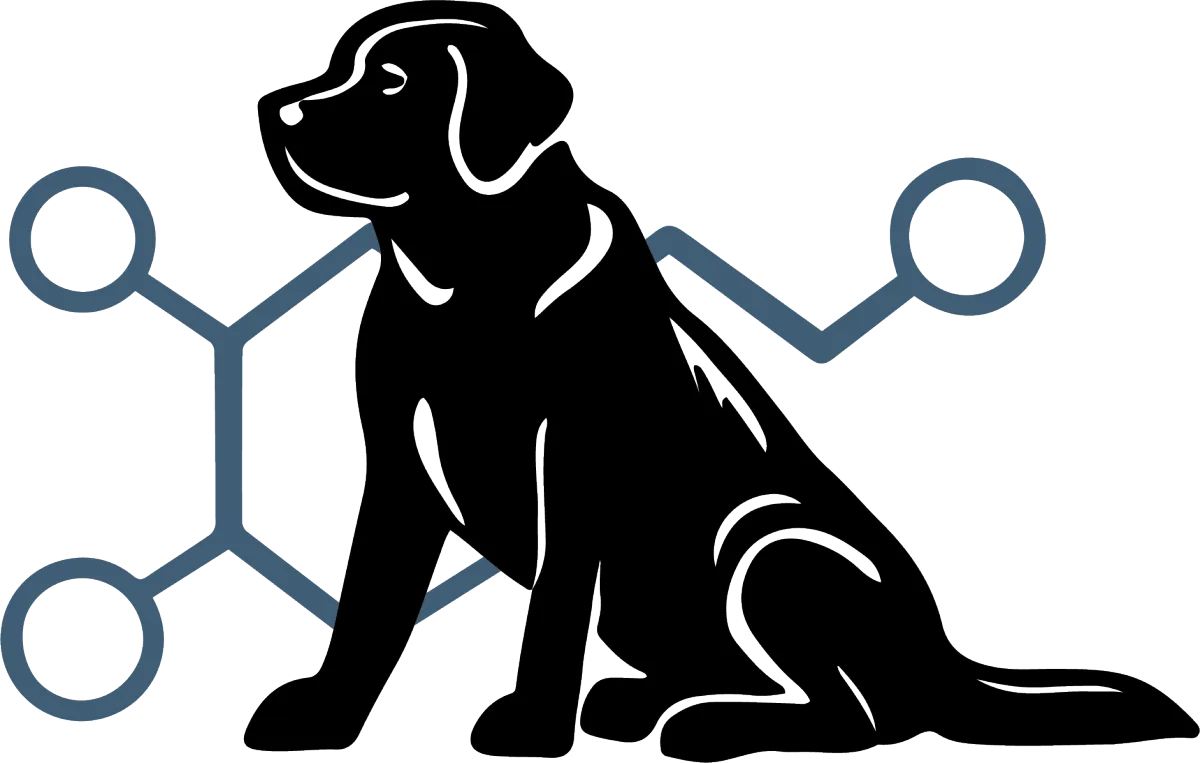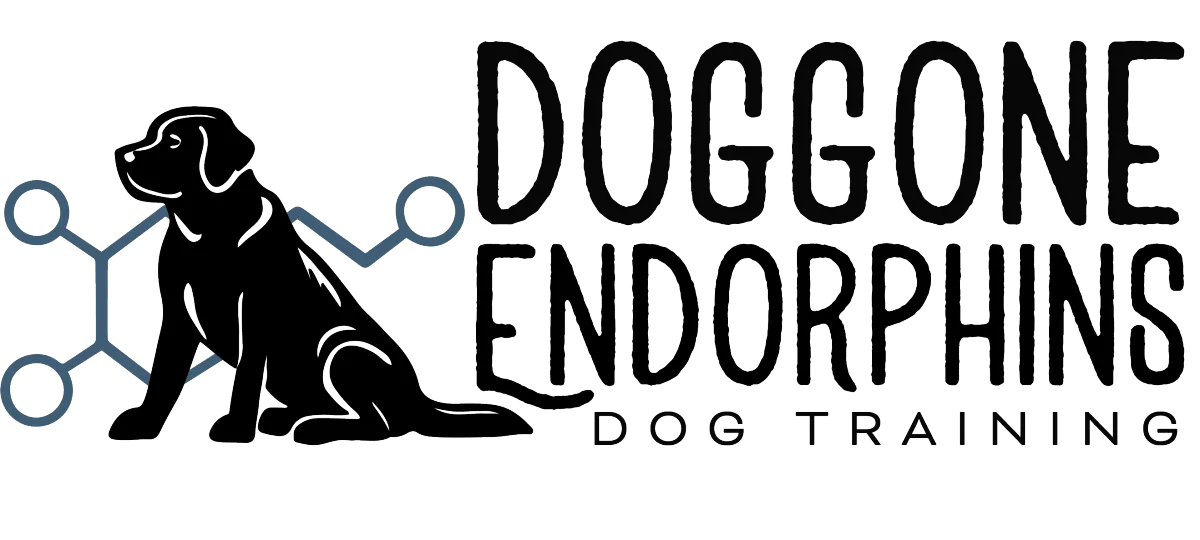Resource Library
Dig up some knowledge!
Reading List
Treats & Toys
Gear
Training Resources
The dog training industry is currently unregulated, meaning anyone can claim to be a trainer without formal education or certification. This lack of standardization leads to a wide range of training methods, conflicting information, and uncertainty for you and your dog.
Fortunately, several respected organizations conduct extensive research on training methodologies and their effectiveness. These include the American Veterinary Society of Animal Behavior (AVSAB), the University of Pennsylvania’s Behavioral Medicine program, and the International Association of Animal Behavior Consultants (IAABC). All of these organizations advocate for reward-based training, ensuring a science-backed approach to dog training.

Topics & Position STATEMENTS
Dominance
"The AVSAB recommends that veterinarians not refer clients to trainers or behavior consultants who coach and advocate dominance hierarchy theory and the subsequent confrontational training that follows from it."
"The IAABC strongly warns against the acceptance and use of dominance theory when working with behavior and training with animals."
Rewards-Based Training
"Based on current scientific evidence, AVSAB recommends that only reward-based training methods are used for all dog training, including the treatment of behavior problems. Aversive training methods have a damaging effect on both animal welfare and the human-animal bond. There is no evidence that aversive methods are more effective than reward-based methods in any context. AVSAB therefore advises that aversive methods should not be used in animal training or for the treatment of behavior disorders."
Finding the right Dog Trainer
"AVSAB endorses training methods which allow animals to work for things (e.g., food, play, affection) that motivate them rather than techniques that focus on using fear or pain to punish them for undesirable behaviors. Look for a trainer who uses primarily or only reward-based training with treats, toys, and play. Avoid any trainer who advocates methods of physical force that can harm your pet such as hanging dogs by their collars or hitting them with their hands, feet, or leashes."
"Look for trainers who use positive reinforcement for good behavior, rather than punishment for unacceptable behavior. Avoid a trainer who offers guarantees. That trainer is either ignoring or doesn’t understand the complexity of animal behavior."

651-661-1986 | [email protected]
Transforming puppies into well-rounded adults for dog guardians across the Twin Cities Metro
Copyright 2025. All rights reserved

